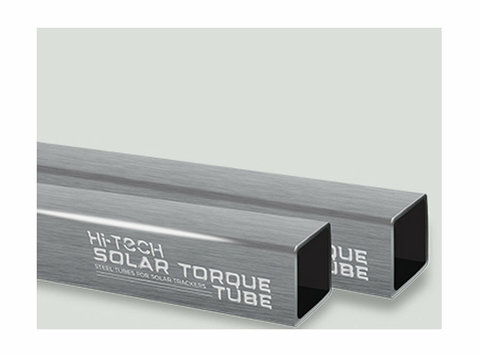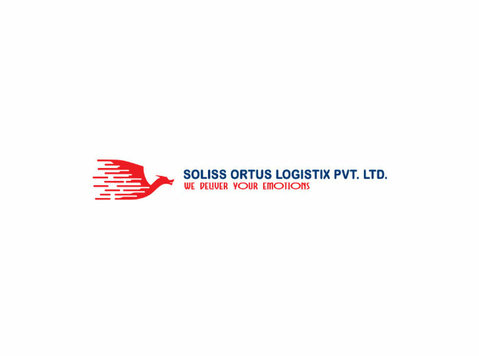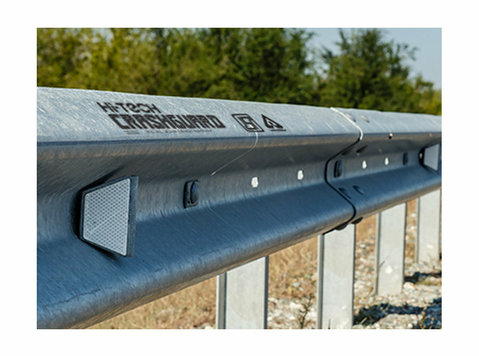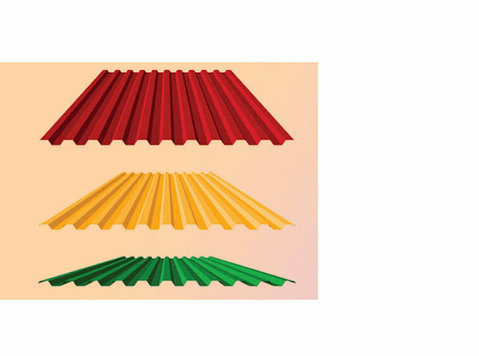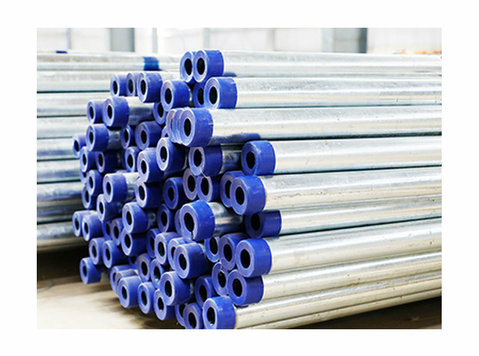Posted in: Housing > Flatshare in Delhi | Posted: |
Galvanized Pipes, commonly referred to as GP pipes, are an integral part of numerous industries, ranging from construction and infrastructure to agricultural applications. These versatile pipes are known for their durability, corrosion resistance, and reliability. In this latest blog, we will take a closer look at the intricate process of manufacturing GP pipes, exploring the methods, key considerations, and their significance in various sectors.
The GP Pipe Manufacturing Process
The manufacturing of GP pipes involves several steps, each crucial to ensure the pipes meet the required standards and specifications.
1. Raw Material Selection
The process begins with the selection of high-quality raw materials. Typically, low-carbon steel coils are chosen for their weldability and formability, which are essential attributes for GP pipes.
2. Coil Unrolling
Selected steel coils are unrolled and flattened, resulting in a flat steel strip. This strip forms the basis for manufacturing GP pipes.
3. Pipe Formation
The flat steel strip is then shaped into a cylindrical pipe using various methods, including cold forming, hot forming, or electric resistance welding (ERW), depending on the desired size and thickness of the pipes.
4. Welding
In the case of electric resistance welding (ERW), the edges of the flattened steel strip are heated through an electrical current until they melt. Subsequently, the edges are firmly pressed together to form a continuous, durable weld, ensuring the integrity of the pipe.
5. Galvanization
The hallmark of GP pipes is their galvanized coating, which provides exceptional corrosion resistance. GP pipes undergo a galvanization process, where they are submerged in a bath of molten zinc. The zinc adheres to the pipe's surface, creating a protective layer that prevents rust and corrosion.
6. Testing and Inspection
Stringent quality control measures are implemented to ensure the pipes meet industry standards. The pipes undergo rigorous testing and inspection for factors such as thickness, diameter, and adherence to specified requirements. Any pipes that do not meet these standards are rejected.
Key Considerations in GP Pipe Manufacturing
Zinc Coating Thickness: The thickness of the zinc coating plays a critical role in determining the pipes' longevity and corrosion resistance. Manufacturers must adhere to strict quality control measures during the galvanization process to ensure an even and adequate coating.
Weld Quality: The quality of the weld is paramount in GP pipe manufacturing. Proper welding ensures leak-proof pipes with robust joints capable of withstanding various stresses.
Consistency in Wall Thickness: Maintaining uniform wall thickness is crucial to ensure the structural integrity of the pipes. Any variations in thickness can create weak points vulnerable to corrosion.
Adherence to Standards: GP pipe manufacturers must comply with industry standards and regulations to guarantee the safety and performance of their products.
The Role of GP Pipes in Various Industries
Galvanized Pipes are widely used across multiple industries and applications:
Construction: GP pipes serve as a critical component in construction projects, used for scaffolding, structural support, and plumbing systems.
Agriculture: These pipes are essential in agriculture for irrigation systems, fencing, and water distribution due to their corrosion resistance.
Infrastructure: GP pipes are employed in infrastructure development, including bridges, culverts, and roadways.
Water Supply and Plumbing: Due to their durability and corrosion resistance, GP pipes are commonly used in water supply systems and plumbing.
Utilities: They are utilized in utility projects for gas and water distribution, ensuring reliable service.
Conclusion
GP pipe manufacturing is a complex blend of craftsmanship, technology, and quality control. These pipes, born from raw steel and galvanized to perfection, have become the backbone of modern infrastructure. Their reliability, corrosion resistance, and versatility continue to make GP pipes indispensable in various industries.
As the world becomes more conscious of sustainability and innovation, GP pipe manufacturers are embracing eco-friendly practices, adopting advanced coatings, and optimizing their galvanization methods. This commitment to progress ensures that GP pipes will remain a trusted and integral part of construction, agriculture, and infrastructure projects for years to come.
hitechpipes hitechpipes
Contact this advertiser
